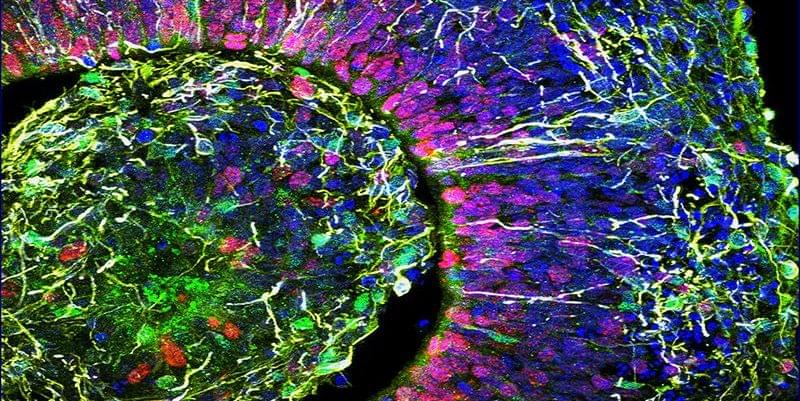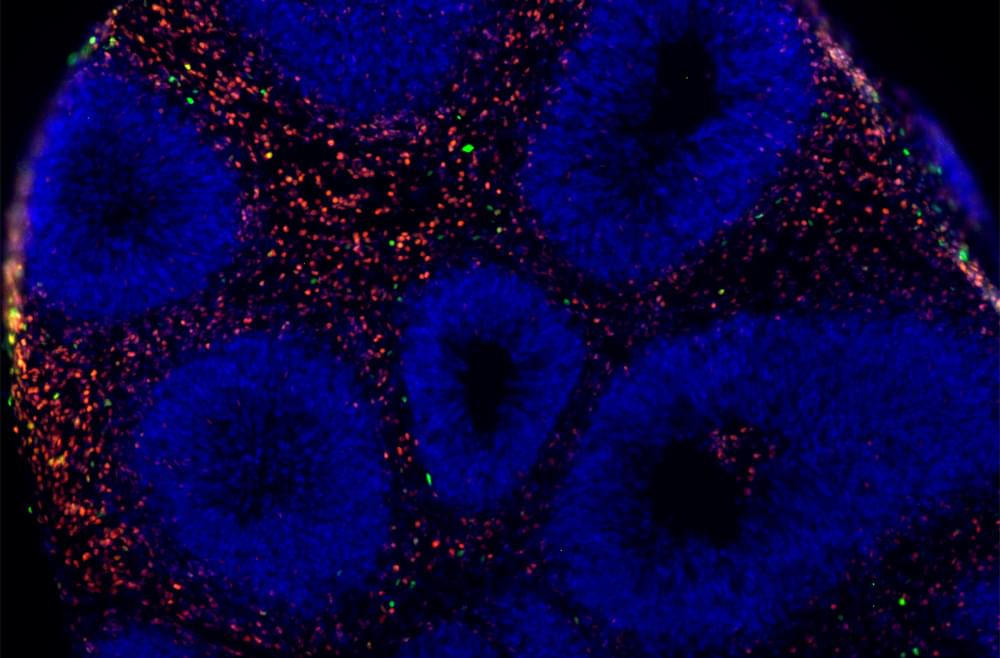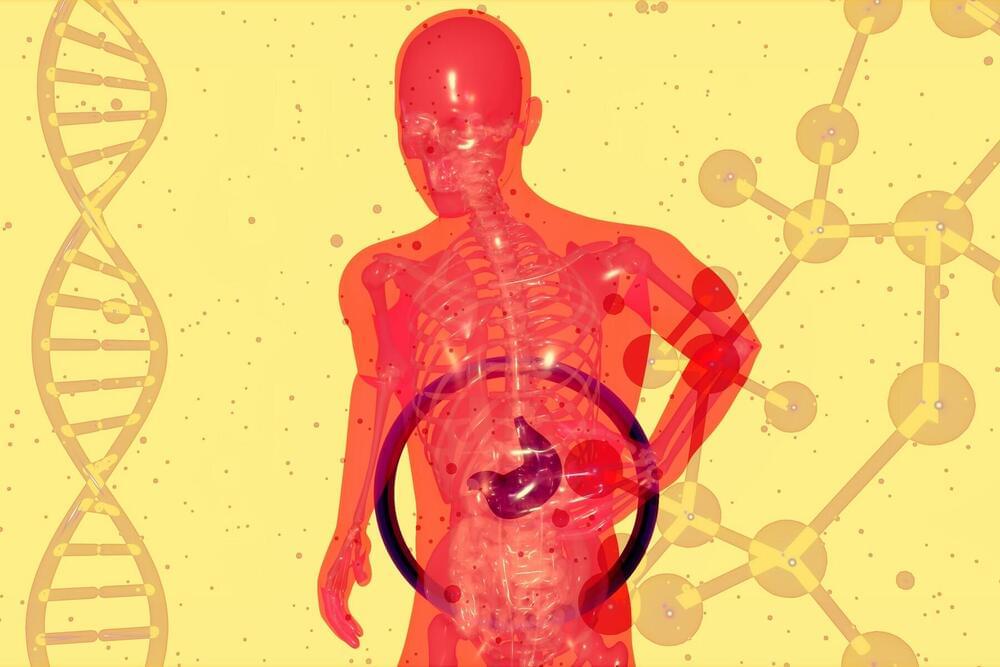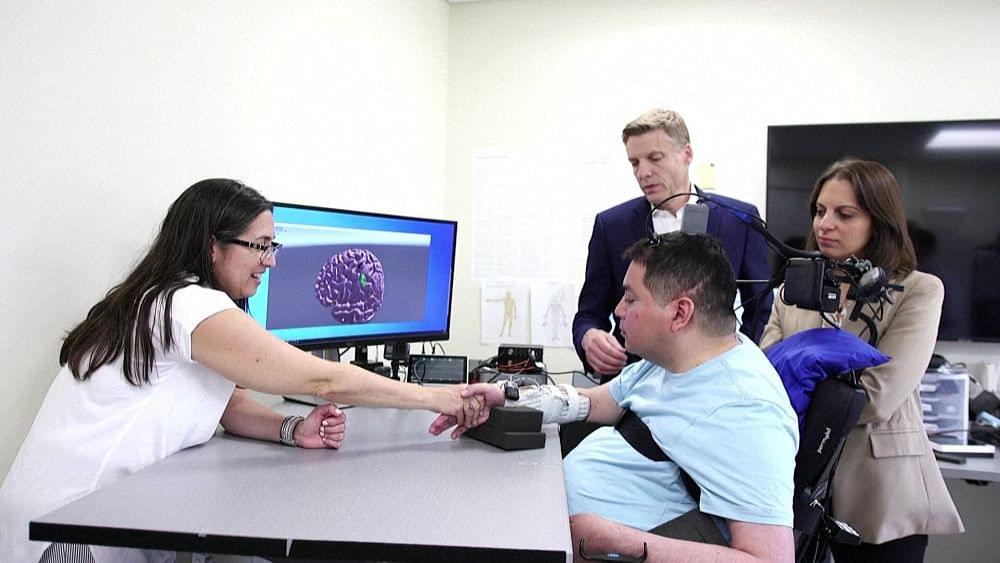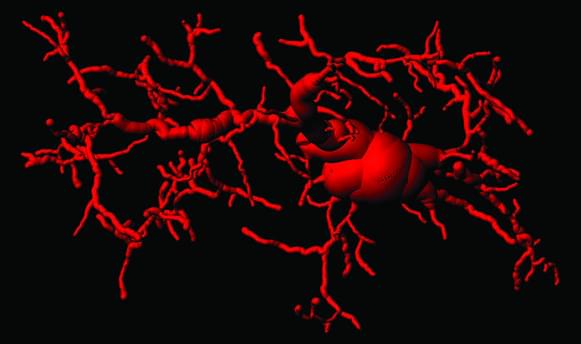
On a rush-hour train or a crowded flight, you might draw your limbs in close, shrinking as people fill the space. As it turns out, living cells behave similarly in confinement, adjusting their size while growing alongside other cells in sheets of tissue.
John Devany, then a graduate student in the lab of biophysicist Margaret Gardel, had been studying epithelial monolayers—sheets of cells that form barriers in skin and coat internal organs—when he noticed something interesting about how the cells were dividing.
“The way people think about division is that a cell will grow to twice its size, divide, and repeat the cycle,” says Devany, the first author of the study, published in Developmental Cell. But in the epithelial tissue he was observing, division was proceeding as usual, but the daughter cells were ending up smaller than the mother. The team, collaborating with researchers from New York University, decided to investigate the mechanisms that control cell growth and cycle duration in tissue and discovered that the two processes are not directly coupled.
Continue reading “Cells in confinement and people in crowds have similar behaviors” »
